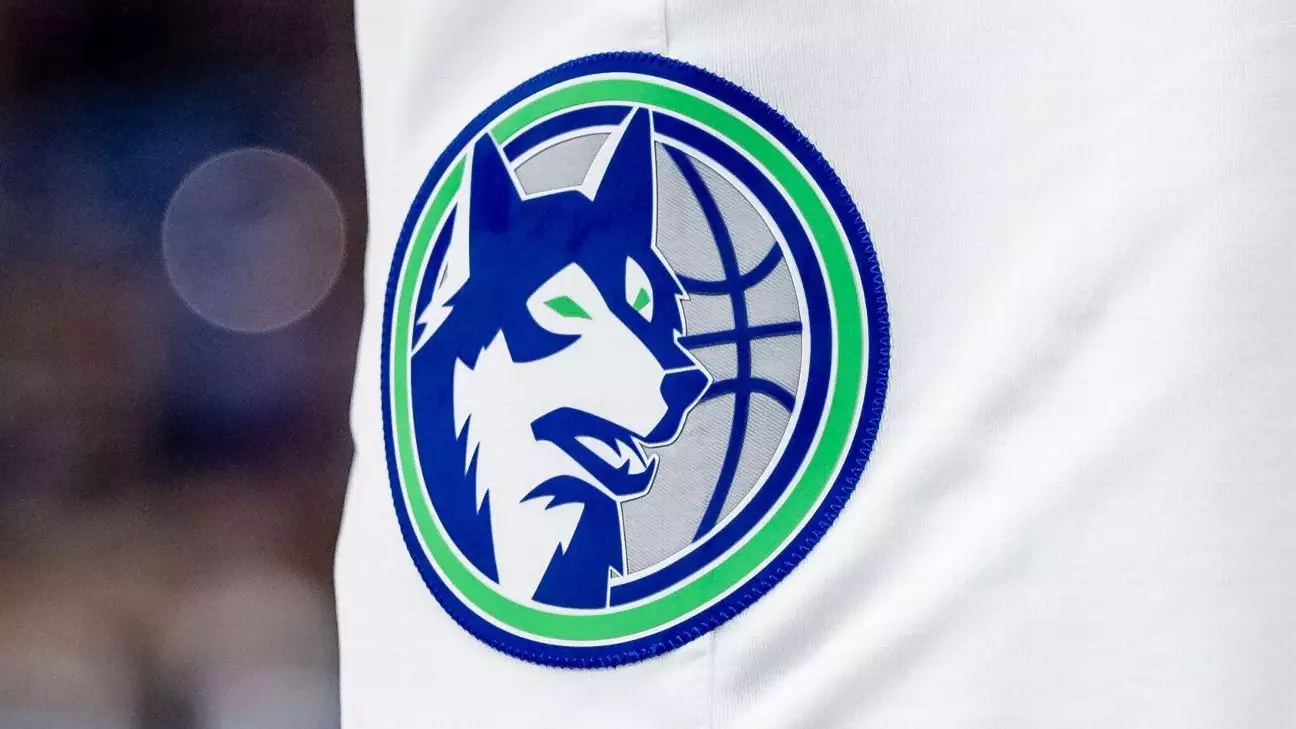The courageous endeavor of Marc Lore and Alex Rodriguez to secure ownership of the Minnesota Timberwolves and Lynx has reached a critical juncture, with a recent arbitration ruling giving them the green light amid a backdrop of legal nuances and boardroom political maneuvering. As the basketball world watches closely, the implications of this decision will reverberate through the franchise and the NBA as a whole.
The roots of this dispute lie in a complicated sales agreement initially forged between Glen Taylor, the incumbent owner since 1994, and prospective buyers Lore and Rodriguez. Valued at $1.5 billion, the purchase was supposed to unfold in a tripartite framework, yet complications arose when Taylor claimed that Lore and Rodriguez missed a crucial payment deadline tied to an $600 million installment, which would have conferred a significant 80% ownership stake in the franchises.
In their defense, Lore and Rodriguez argued that they were entitled to a 90-day extension on this payment, believing Taylor’s interpretation of the contract was not in alignment with their understanding. The arbitration process, characterized by a week-long hearing, showcased the contentious relationship between the established owner and the ambitious prospective owners. Ultimately, the arbitration panel ruled in favor of Lore and Rodriguez, allowing them to continue their pursuit of majority ownership while challenging Taylor’s previous assertions.
The Path Forward: A Vote Among NBA Owners
What lies ahead is a crucial vote that will be held among the NBA’s board of governors, requiring a minimum of 23 out of 30 votes to transfer ownership. Although such approvals are typically seen as routine, this instance poses unique challenges. The governance structure of the NBA places significant weight on relationships, and Taylor, a past chairman of this board, maintains close ties with fellow owners and commissioner Adam Silver.
As Lore and Rodriguez ramp up their lobbying to garner enough support from current governors, it becomes apparent that their ascent to power may hinge not just on the merits of their financial backing but also on the political acumen they display in engaging with their potential peers. The duo has proactively met with numerous owners in recent months, aware that the upcoming vote could bring unforeseen hurdles, especially given Taylor’s longstanding influence and his unforeseen objections regarding the sale.
The proposed sale price, established in 2021, stands in stark contrast to the soaring valuations seen in recent years within the NBA. The staggering sales of teams like the Phoenix Suns for $4 billion and the Charlotte Hornets for $3 billion have set a new paradigm for franchise values, rendering Taylor’s agreed figure of $1.5 billion rather modest.
This shift in the marketplace leaves Taylor’s leverage diminished amid rising values and potentially sets the stage for a wider conversation on equity and investment within the sport. Lore and Rodriguez, having already invested over $500 million for a 36% stake through previous transactions, are preparing to demonstrate their financial prowess further—recently raising an additional $950 million in an escrow account for the final transaction. Notably, the inclusion of high-profile investors like Michael Bloomberg and Eric Schmidt adds both credibility and capital to their bid.
Glen Taylor’s public disappointment following the arbitration ruling reflects deeper emotional stakes involved in the potential transfer of ownership. After defining Timberwolves’ culture and direction for decades, Taylor now faces the unsettling prospect of relinquishing control. His history of entertaining offers before pulling back from sales raises questions about his true intentions; his reflections on the team’s positive trajectory may indicate a reluctance to step away at a point where they seem poised for growth.
Lore and Rodriguez, conversely, have expressed unyielding optimism, framing their aspirations around enhancing the Timberwolves’ performance and securing championships for the local fan base—an alluring narrative that paints them as the agents of change for a franchise longing for success.
With the arbitration ruling now behind them, Lore and Rodriguez find themselves at a crossroads that could reshape the future of the Minnesota Timberwolves and Lynx. Their ability to navigate the complex web of ownership dynamics and secure the necessary support for their acquisition will be paramount in determining not just their success but the lasting legacy of the franchises they seek to lead.
The countdown to the decisive vote looms larger than ever, and as Lore and Rodriguez galvanize support and prepare to finalize their acquisition, the myriad implications of this ownership transition will become clearer. For fans, stakeholders, and the NBA alike, the unfolding saga is not just about ownership; it is about the very identity and future of one of basketball’s storied franchises.


Leave a Reply